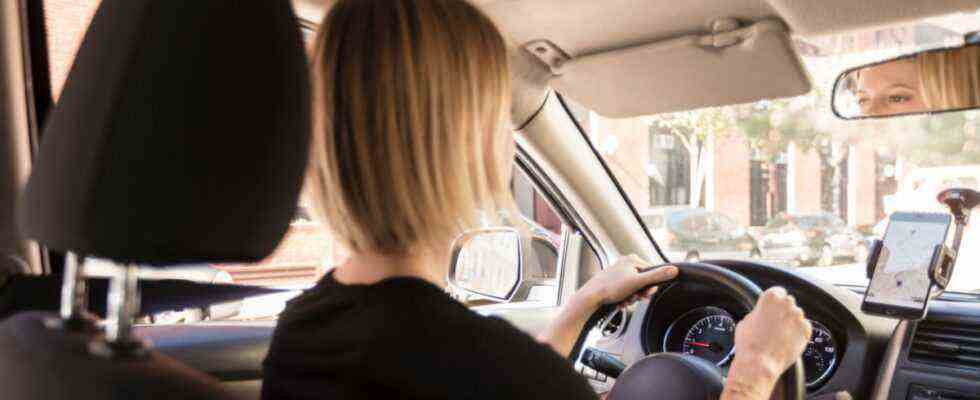It’s about millions of jobs, fair working conditions and whether consumers in Europe will have to pay more for services they love in the future: the EU Commission presented in December an explosive bill against bogus self-employment at popular online service providers – such as the delivery service Deliveroo or the driving service app Uber. Most of these Internet platforms treat their employees as if they were self-employed. But thanks to the EU directive, these people could soon be considered employees and benefit from minimum wages, holiday entitlements and social security protections.
The legal act specifies five criteria that determine whether an internet platform like Deliveroo exercises so much control over the supposedly self-employed that they must be regarded as employees. The European trade union confederation Etuc has now examined how the rules would affect five major providers. The study will be published on Tuesday and is due to the Süddeutsche Zeitung in advance. The authors conclude that, in fact, in all cases the law would force the corporations to classify workers as employees.
Ludovic Voet, a member of Etuc’s board of directors, says the corporations would certainly try to “cheat on the criteria and keep their exploitative business model”: “But if something looks like a duck, swims like a duck and croaks like a duck , then it’s probably a duck – and the same goes for employers.”
According to the Commission’s calculations, 5.5 million people are incorrectly classified
In addition to Uber and Deliveroo, the union analyzed the food delivery service Glovo, the care service broker Cuideo and Amazon Mechanical Turk, where companies can book smaller research jobs, for example. According to the Etuc experts, the platforms meet four out of five or even all five criteria from the draft law. Employees must be treated as employees if only two criteria apply. These five traits are about whether firms actually set pay, set dress codes, ban work for other platforms, limit work choices, and control performance. The corporations can object to the classification, but the burden of proof is on them.
According to estimates by the EU Commission, a good 500 such Internet platforms are active in the European Union. More than 90 percent of providers treat employees as self-employed. Overall, these platforms are said to offer the services of 28 million people in the EU, of whom, according to the Commission’s calculations, 5.5 million are incorrectly classified. Thanks to the draft law, up to 4.1 million bogus self-employed could be considered employees in the future, the Brussels authority promises. However, the EU Parliament and the Council of Ministers, the legislative chambers of the member states, are still dealing with the draft directive.
If the platforms had to hire bike couriers, car drivers and cleaners, the commission predicts that the companies would be burdened with up to 4.5 billion euros a year. At the same time, the social security systems of the member states are expected to post between 1.6 and four billion euros in additional income.
“We’re not killing the business model,” says the commissioner
However, the companies and their lobby groups warn of higher prices, worse service and job cuts. Move EU, the association of Uber and its rivals, are threatening that providers will have to halve their fleet because of the law. And Delivery Platforms Europe, the association of delivery services, criticizes that most courier drivers want to determine their working hours freely. If drivers were to be considered employees in the future, the platforms would have to change their business model and set fixed times. Between 100,000 and 250,000 employees in the EU would then resign.
EU Social Affairs Commissioner Nicolas Schmit at least concedes that prices could rise a little, “but not much”. Delivery platforms could also pass on higher costs to the restaurants or be satisfied with less profit. In any case, it is possible to operate such delivery services with employees instead of the self-employed, as shown by “very successful examples” such as Wolt or Lieferando, the Luxembourg social democrat assures: “We are not killing the business model.”

